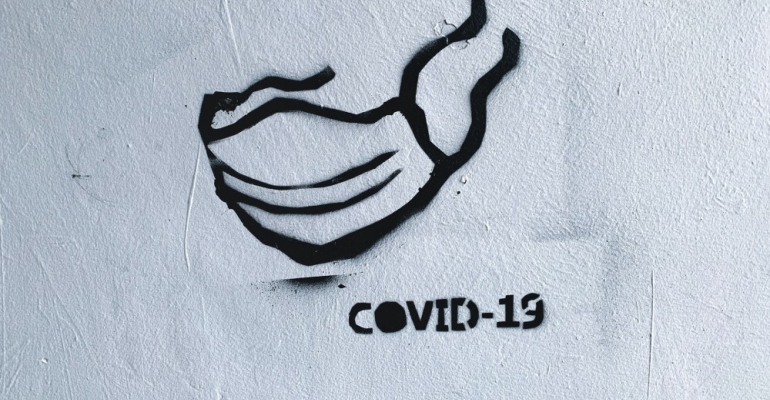
Looking Death in the Face
Of course, the sting of this joke is that it is true. You. Will. Die. The death rate has never shifted from 100%.
For all our contemporary educational achievements the ability of the general population to read statistics and assess risk is notoriously low – a lack of numeracy which is unlikely to be improved by the long gap in education caused by schools being shut for much of this academic year.
A poll conducted across a number of countries reveals the extent to which people overestimate the impact of coronavirus. In the UK people think that 7% of the population have died from the virus – which would represent around 4.5 million deaths rather than the 46,000 there have actually been. In the US the estimate is put at a staggering 9% death rate, 225 times the real number. If true this would mean around 30 million deaths from covid in the US – which would be 22 times the number of Americans who have died in all conflicts since 1775.
That’s statistically significant.
So the number of covid related deaths is much lower than is generally thought, but still, the fact that tens of thousands have died should cause us to look death in the face. Death is all around.
In a ‘normal’ year the UK would expect 70,000 people to die from respiratory diseases, 140,00 from cancer and 160,000 from heart disease. (It is also salutary to consider that last year England and Wales saw the highest number of abortions performed – 207,000 – since the Abortion Act was introduced in 1968.)
I have had pushback from people when listing the many things that are likely to kill us: that somehow it is ‘disrespectful’ to say it when people are dying of covid. But then why are the daily updates on covid-deaths not disrespectful of those (a far greater number) dying from other causes? Pointing out that you are more likely to die of heart disease or a traffic accident than covid is not to deny the reality that covid kills people – rather, the reality of this should be something that forces us all to look death in the face, not shy away from it. Something’s going to get you: death comes to us all.
The biblical writers don’t shy away from this reality. Of course, the Bible was composed in eras when death was much more obvious than it is in our sanitised age. People died younger, of nastier diseases, more publicly. Yet the Biblical approach to death is not fearful but hopeful, leading the apostle Paul to write extraordinary things like these:
We are confident, I say, and would prefer to be away from the body and at home with the Lord. (2 Corinthians 5:8)
For to me, to live is Christ and to die is gain. If I am to go on living in the body, this will mean fruitful labour for me. Yet what shall I choose? I do not know! I am torn between the two: I desire to depart and be with Christ, which is better by far; but it is more necessary for you that I remain in the body. (Philippians 1:21-24)
Death comes to us all, but for the Christian the hope is always of resurrection:
Dear friends, now we are children of God, and what we will be has not yet been made known. But we know that when Christ appears, we shall be like him, for we shall see him as he is. (1 John 3:2)
Covid might just get you, though it will almost certainly be something else. But whatever the cause of your mortal demise, faith in Christ means being able to look death in the face. Death comes to us all but the hope of resurrection is glorious!